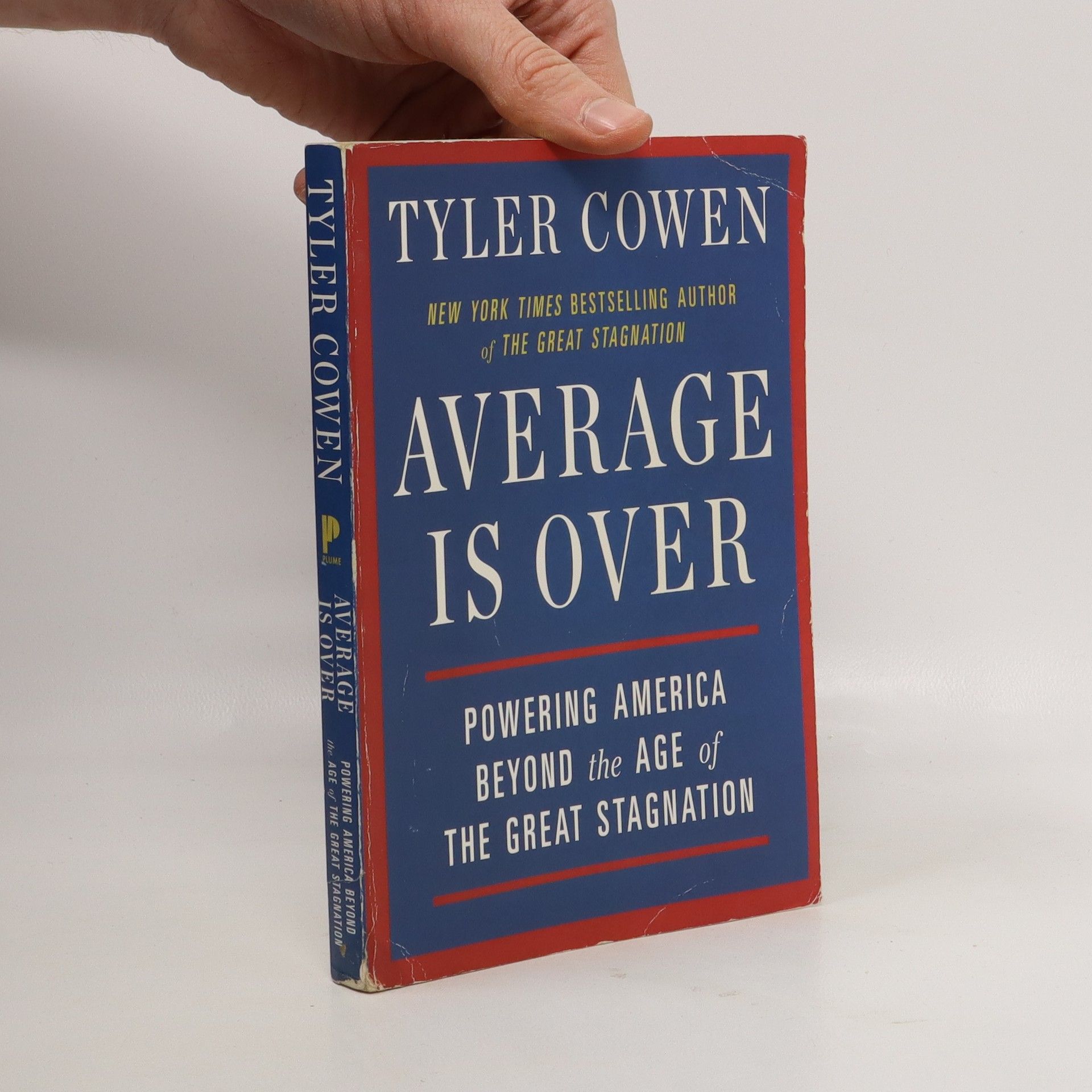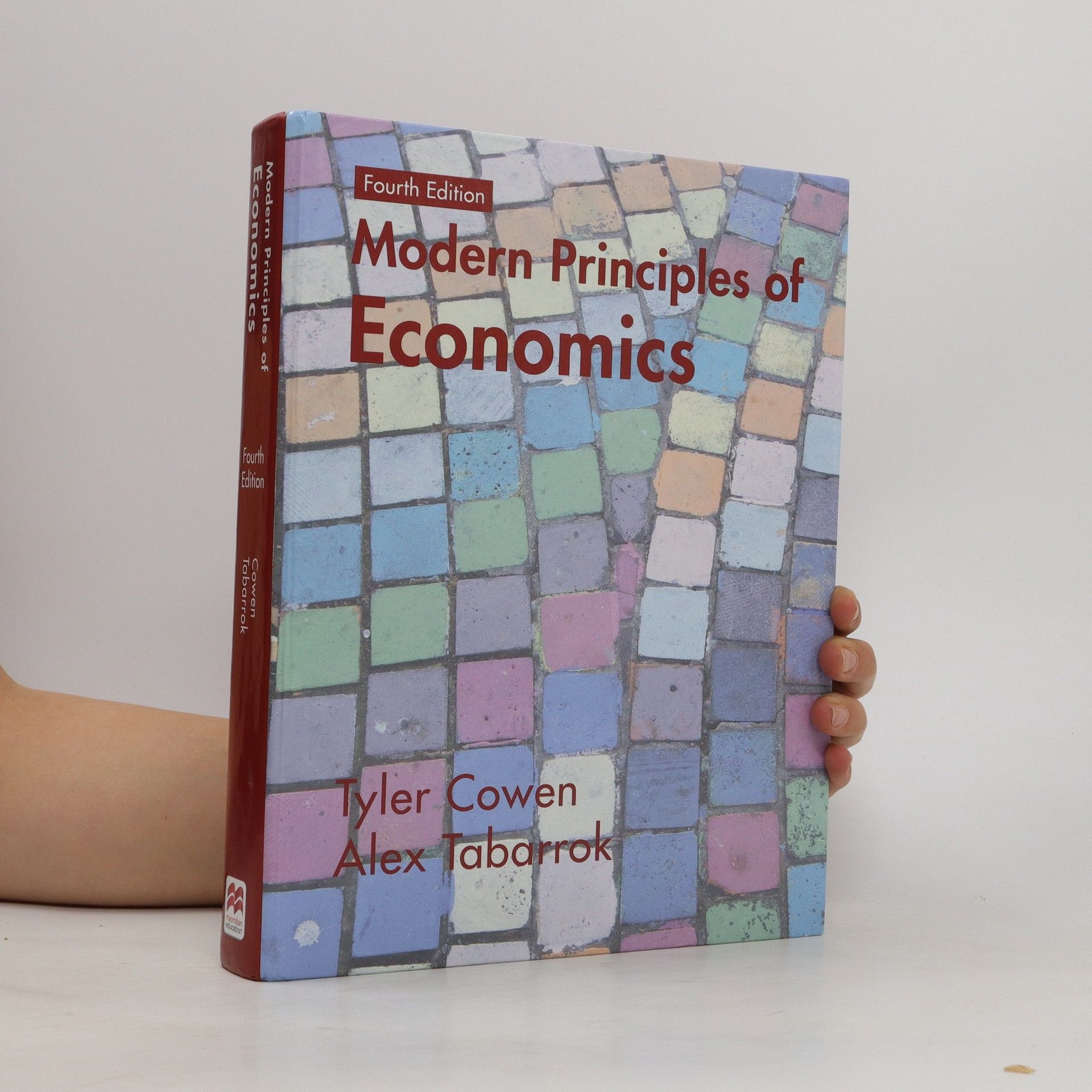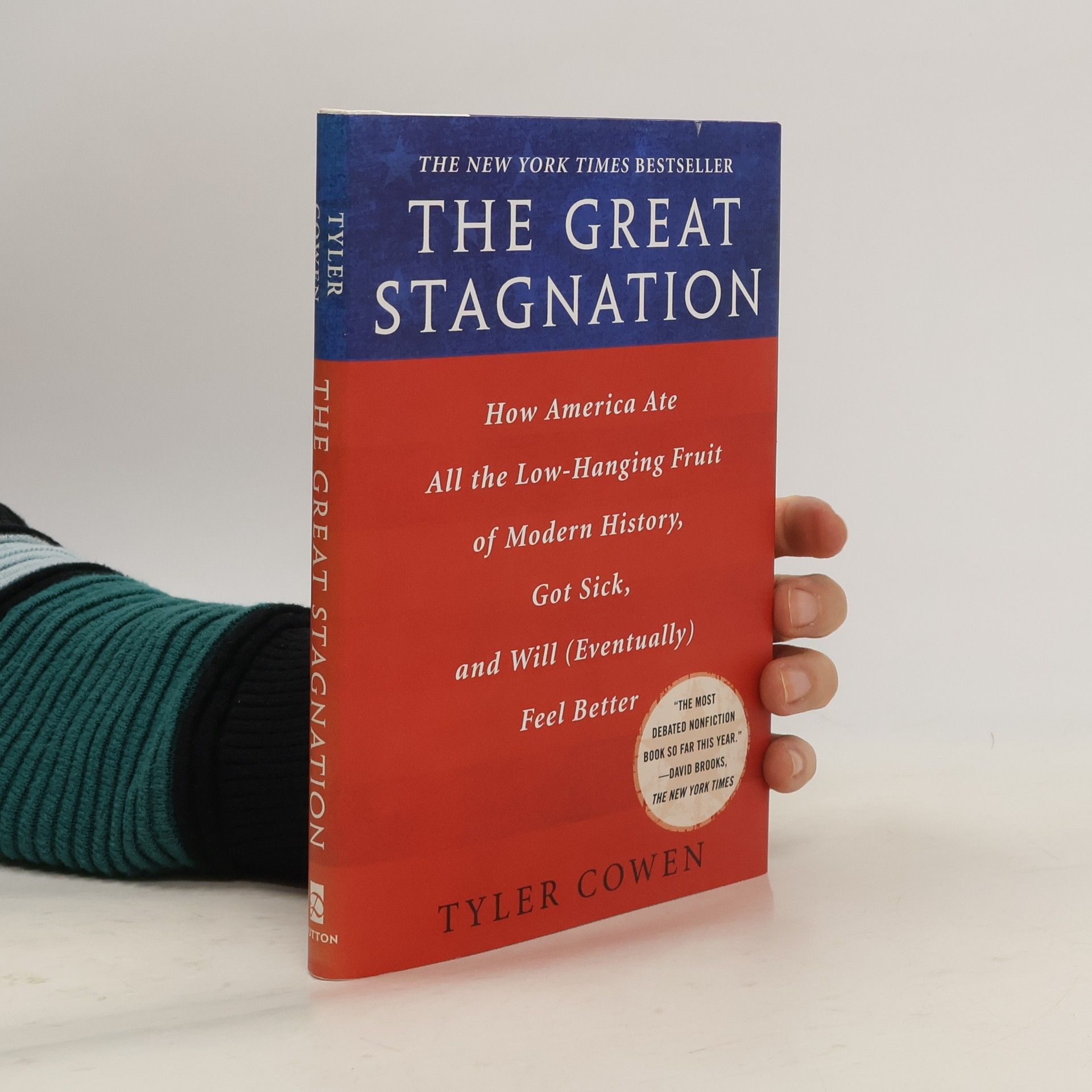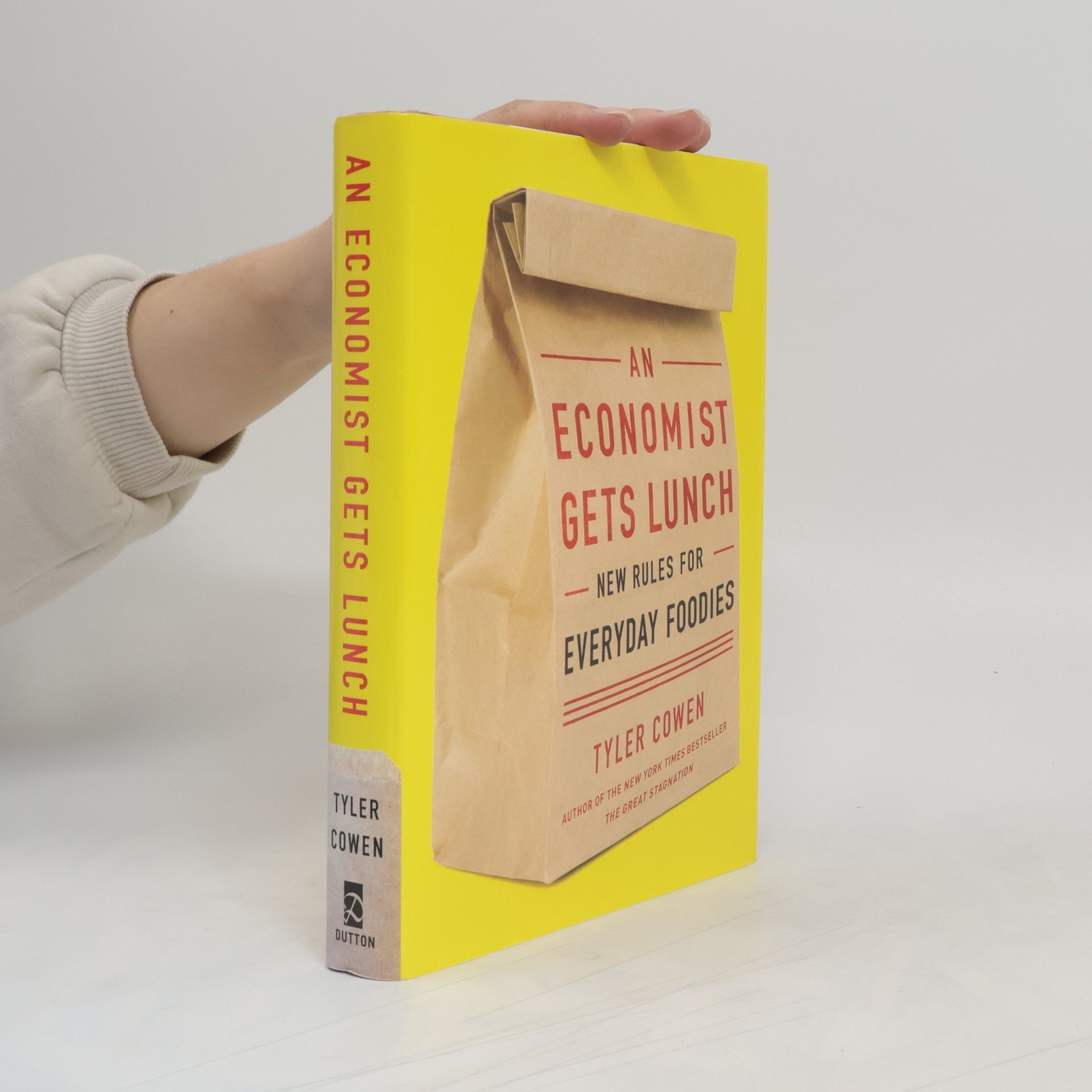Modern principles of economics
- 654pagine
- 23 ore di lettura
Engaging and provocative writing, as well as a knack for revealing the 'invisible hand' of economics at work has made Tyler Cowen and Alex Tabarrok’s text a singularly distinctive and effective text for principles modules. Modern Principles of Economics places an emphasis throughout on the power of incentives which underscores how economics helps us understand why we do what we do (in other words, the decisions we make in the face of incentives in the real world). The new edition retains its progressive approach to economic modelling and applications which allows for a more realistic interpretation of today’s world events. Mirroring the authors’ successful blog, the text eschews boxed features to focus on the writing behind compelling examples, key concepts, and applications.









